Thought is essentially practical in the sense that but for thought no motion would be an action, no change a progress
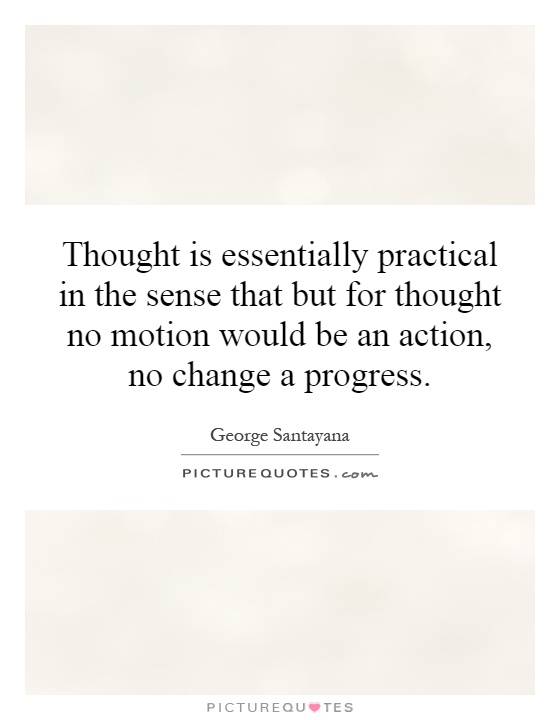
Thought is essentially practical in the sense that but for thought no motion would be an action, no change a progress
George Santayana, a renowned philosopher and essayist, believed that thought is essentially practical in the sense that without thought, no motion would be an action, and no change would be progress. This idea reflects Santayana's belief in the importance of critical thinking and reflection in guiding human behavior and shaping the course of history.Santayana's philosophy emphasizes the interconnectedness of thought and action. He argues that our thoughts and beliefs inform our actions and decisions, and ultimately determine the direction of our lives. Without thoughtful consideration and reflection, our actions would be mere reactions to external stimuli, lacking intentionality and purpose. In this sense, thought is the driving force behind all meaningful human endeavors.
Furthermore, Santayana suggests that change is only meaningful when it leads to progress. Without thoughtful reflection on the consequences of our actions, change can be chaotic and destructive. Progress, on the other hand, implies a deliberate and purposeful movement towards a desired goal or outcome. Thought serves as the compass that guides us towards progress, helping us navigate the complexities of the world and make informed decisions.
Santayana's philosophy has important implications for our understanding of human nature and society. By emphasizing the practical nature of thought, he highlights the importance of critical thinking and reflection in shaping our individual and collective destinies. In a world that is constantly changing and evolving, Santayana's ideas remind us of the power of thought in guiding our actions and shaping the course of history.
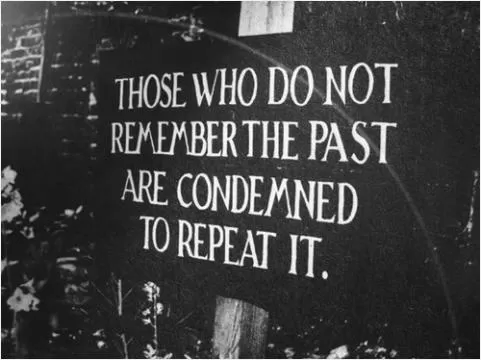

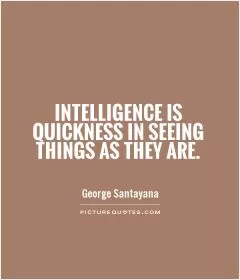
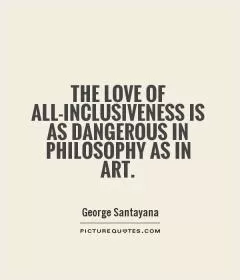



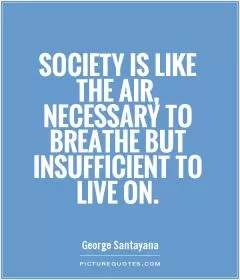

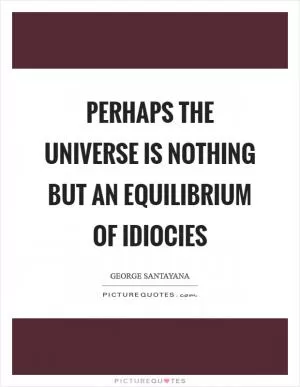

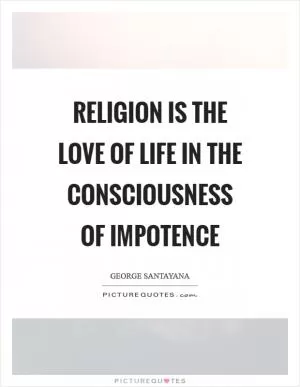
 Friendship Quotes
Friendship Quotes Love Quotes
Love Quotes Life Quotes
Life Quotes Funny Quotes
Funny Quotes Motivational Quotes
Motivational Quotes Inspirational Quotes
Inspirational Quotes